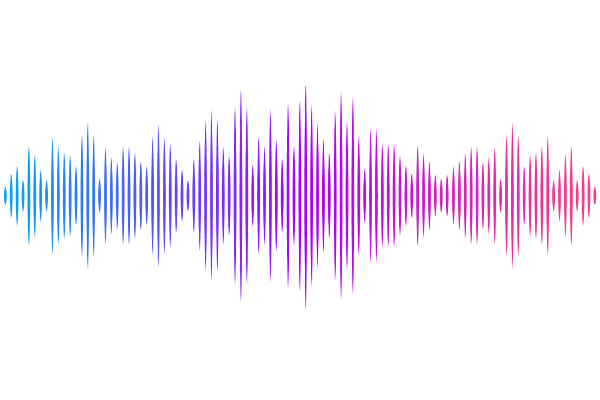DoggifAI: a transformer based approach for antibodycaninisation

DoggifAI: a transformer based approach for antibodycaninisation
Grabarczyk, D.; Kocikowski, M.; Parys, M.; Houston, D.; Hupp, T.; Alfaro, J. A.; Cohen, S.
AbstractAntibody translation across species offers a compelling strategy to extend the vast and expensive investments in human therapeutic antibodies to veterinary oncology, with applications in both veterinary medicine and comparative oncology. While precise, low-immunogenic treatments are essential for canine cancer care, traditional species conversion methods rely on ad hoc bioinformatics modifications. These methods often implicitly decouple the framework (FR) and complementarity-determining regions (CDRs), ignoring how structural changes in FRs can affect the conformation and function of CDRs. This can compromise binding specificity and require costly high-throughput in vitro screening. To address this, we present DoggifAI, a transformer model that translates non-canine antibody sequences into canine ones by generating species-appropriate framework regions (FRs) based on desired CDRs. This allows the model to better preserve structural compatibility between FRs and CDRs. The model is pretrained in a T5-style text-to-text denoising task on a large multispecies antibody dataset, which allows further finetuning on a much smaller species-specific dataset. DoggifAI generates highly canine-like antibodies and shows promising results in preserving binding specificity. To support further progress in this field, we also release a curated dataset of over 430,000 unique canine antibody chain sequences, significantly expanding the public sequence repertoire.